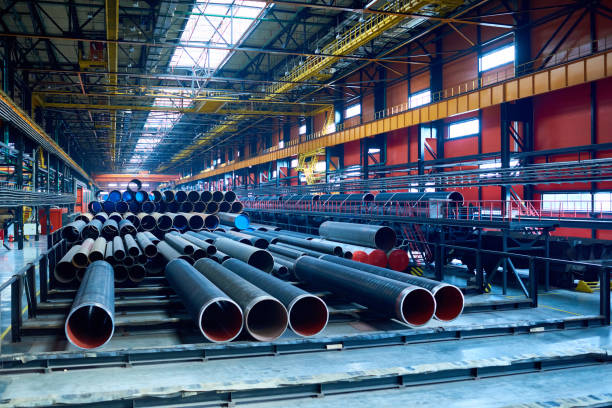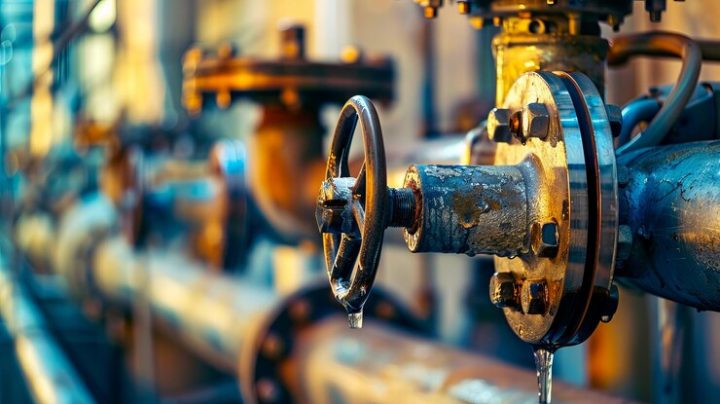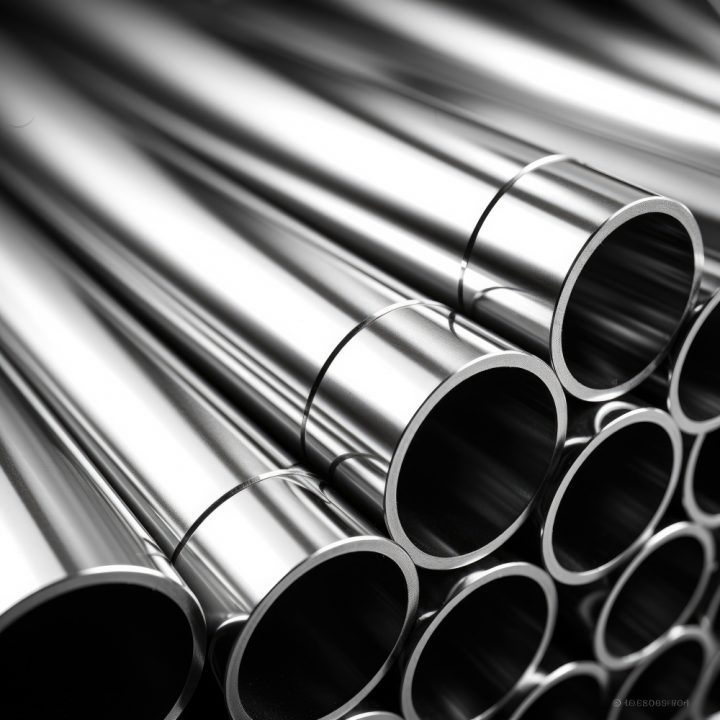Introduction
Pipes play a critical role in various industries, including construction, manufacturing, oil and gas, and water distribution. Choosing the right pipes for your specific needs is essential to ensuring durability, efficiency, and cost-effectiveness. This guide aims to help piping buyers make informed decisions by covering key factors such as material selection, application suitability, industry standards, and supplier evaluation.
Understanding Pipe Materials
One of the first considerations for piping buyers is the material of the pipes. The choice of material depends on the intended application, environmental conditions, and budget constraints. Here are some commonly used pipe materials:
1. Steel Pipes
Steel pipes are widely used in industrial applications due to their strength and durability. They are available in various forms:
- Carbon Steel Pipes: Used in construction, oil and gas, and water transportation.
- Stainless Steel Pipes: Corrosion-resistant, making them ideal for chemical and food processing industries.
- Galvanized Steel Pipes: Coated with zinc to prevent rust, commonly used in plumbing and outdoor applications.
2. Copper Pipes
Copper pipes are highly resistant to corrosion and commonly used in plumbing and HVAC systems. They provide excellent thermal conductivity and are easy to install. However, they can be expensive compared to other materials.
3. PVC (Polyvinyl Chloride) Pipes
PVC pipes are lightweight, cost-effective, and widely used for water supply, drainage, and sewage systems. They are resistant to corrosion and chemicals but may not withstand high temperatures and pressures.
See Also Piping RFQs: Essential Checklist for Procurement Success
4. HDPE (High-Density Polyethylene) Pipes
HDPE pipes are known for their flexibility, high impact resistance, and suitability for underground water and gas distribution. They are also used in industrial applications due to their durability and resistance to chemicals.
5. CPVC (Chlorinated Polyvinyl Chloride) Pipes
CPVC pipes have higher temperature resistance than PVC pipes and are commonly used in hot water applications, chemical transport, and fire sprinkler systems.
6. Cast Iron Pipes
Cast iron pipes are primarily used in sewage and drainage systems due to their strength and longevity. They are highly resistant to wear and tear but are heavier and more expensive than other options.
Key Factors to Consider When Buying Pipes
1. Application and Industry Requirements
The choice of pipes largely depends on the specific application. For example:
- Oil and Gas Industry: Requires high-strength, corrosion-resistant pipes such as carbon steel and stainless steel.
- Water Supply and Plumbing: PVC, HDPE, or copper pipes are commonly used.
- Chemical Industry: Stainless steel or CPVC pipes are preferred for handling corrosive substances.
2. Pipe Size and Pressure Rating
Selecting the right pipe size and pressure rating ensures efficient fluid transport and system performance. Consider:
- Diameter and Thickness: The pipe’s internal diameter determines the flow capacity, while thickness affects its strength.
- Pressure Ratings: Ensure the selected pipe can handle the required pressure without failure.
3. Durability and Maintenance Requirements
Piping buyers should consider the expected lifespan and maintenance needs of the chosen pipes. For example, stainless steel and HDPE pipes require minimal maintenance, whereas cast iron and galvanized pipes may need frequent inspections.
4. Cost Considerations
Balancing cost and quality is essential. While some materials may have a higher initial cost, they could offer long-term savings due to durability and low maintenance requirements.
5. Compliance with Industry Standards
Pipes must meet relevant industry standards and certifications to ensure safety and performance. Some important standards include:
- ASTM (American Society for Testing and Materials)
- API (American Petroleum Institute)
- ISO (International Organization for Standardization)
- ASME (American Society of Mechanical Engineers)
See Also How to Create a Perfect RFQ for Valves: A Step-by-Step Guide
Finding Reliable Pipe Suppliers
Choosing a trustworthy supplier is crucial to obtaining high-quality pipes. Consider the following factors when evaluating suppliers:
1. Supplier Reputation and Experience
Look for suppliers with a proven track record in the industry. Customer reviews, testimonials, and years of experience are good indicators of reliability.
2. Product Quality and Certifications
Ensure the supplier provides pipes that adhere to international standards and certifications.
3. Availability and Delivery Time
Timely delivery is crucial for project success. Choose suppliers with a strong logistics network to ensure on-time delivery.
4. After-Sales Support and Warranty
A good supplier should offer warranties and customer support services to address any issues after purchase.
Benefits of Buying Pipes from a B2B Marketplace
B2B marketplaces provide an efficient way to source pipes from multiple suppliers, compare prices, and ensure quality. Key advantages include:
- Wide Range of Suppliers: Access to multiple vendors for better price comparison and product availability.
- Verified Listings: Ensures authenticity and quality through supplier verification.
- Bulk Purchase Discounts: Many B2B platforms offer cost savings on large orders.
- Easy Communication: Streamlined inquiry and negotiation process.
Conclusion
Choosing the right pipes is essential for ensuring efficiency, safety, and long-term cost savings. Piping buyers must consider material suitability, application needs, pressure ratings, industry standards, and supplier credibility.
For a seamless and reliable piping procurement experience, buyers can explore Enggpro | B2B Marketplace for Engineering Products & Services. Enggpro offers:
- A vast network of verified suppliers.
- Quality-certified engineering products.
- Competitive pricing and bulk discounts.
- Efficient supply chain solutions.
- Secure and easy transactions.
Visit Enggpro today to find the best piping solutions for your needs!



